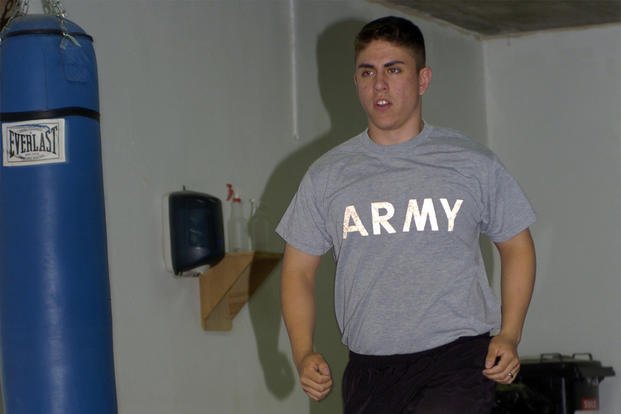To lose weight, there are a few factors that you must consider for any weight-loss program to be effective. If you remember the following formulas, you should lose weight in a healthy manner and, better yet, keep it off.
Formula #1: Calories out > Calories in = Weight loss
This formula is as basic as weight loss gets. If you burn more calories than you eat at the end of the day, you will lose weight. Creating a calorie deficiency at the end of a day does not mean you have to starve yourself. In fact, decreasing your calories too much can have an opposite effect on the body and cause what I refer to as camel mode.
The human body is built for survival, and when you receive too few calories and not enough water, you actually can shut down your metabolism to a point where you will not burn fat and store water. So you will not lose weight, but you could gain weight by the increased water retention.
Obviously, the type of calories count. Five hundred calories of protein and fat have a different hormonal reaction in your body than 500 calories of carbohydrates. Make sure your macronutrients are in a decent balance of each. The 100 calories of a cookie is by no means equivalent to 100 calories of apple slices or steak. Eat smart.
This is where Formula #2 comes into play: Water oxygen = Fat burning
Basically, the body needs water and increased oxygen to burn fat as an energy source. The water intake should be anywhere from a half-gallon for women and up to one gallon a day for men. See the "Water Plus Oxygen Equals Weight Loss" article if you are concerned about drinking "too much water."
As you add more water to your system, your body will use the retained water for excretion, prompting almost immediate weight loss that is healthy. This is not the same as sitting in a sauna and sweating, which actually dehydrates you. Adding water will rehydrate you and enable the body to burn more fat (as long as you increase your oxygen intake by doing some form of exercise). Walking, swimming, biking, jogging, calisthenics and even yard work can help with working your cardiovascular system.
Here are some sample calorie expenditures for a variety of activities for people who weigh between 130 pounds and 190 pounds. If you weigh more than 190 pounds, you actually will burn slightly more calories than a lighter person.
| Activity | 130 pounds | 190 pounds |
|---|---|---|
| Aerobics | 300 Calories Per Hour | 500 Calories Per Hour |
| Basketball Game | 475 Calories Per Hour | 675 Calories Per Hour |
| PT - Push-ups | 480 Calories Per Hour | 690 Calories Per Hour |
| Child Care | 210 Calories Per Hour | 300 Calories Per Hour |
| Gardening | 290 Calories Per Hour | 400 Calories Per Hour |
| Jogging | 410 Calories Per Hour | 600 Calories Per Hour |
| Pushing Stroller | 150 Calories Per Hour | 210 Calories Per Hour |
| Jumping Jacks / Rope | 450 Calories Per Hour | 650 Calories Per Hour |
| Swimming | 550 Calories Per Hour | 890 Calories Per Hour |
| Tennis | 400 Calories Per Hour | 600 Calories Per Hour |
| Walking 4 mph | 250 Calories Per Hour | 350 Calories Per Hour |
These are but a few of the ways to burn calories. In fact, everything you do (breathing, sitting, standing) burns calories -- even sleeping. But as you can see from the above list, activities that burn the most are rigorous or can be done for several hours.
Take a look at my "Summer Lean-Down Plan" article for more information on the "calories in" part of the equation.
But it is never a good idea to limit your calories under 1,800 calories per day. In fact, you should consult a nutritionist or dietician for a plan if you plan to go under 1,800 calories. The main reason is that you can lose weight but become unhealthy due to lack of vitamins, minerals and other nutrients from a lower calorie diet.
Remember, the key to any weight-control program is adding water to your diet and developing a fitness plan that will help you add oxygen and burn calories and fat. This will produce the caloric deficiency needed to lose weight.
Stew Smith is a former Navy SEAL and fitness author certified as a Strength and Conditioning Specialist (CSCS) with the National Strength and Conditioning Association. Visit his Fitness eBook store if you’re looking to start a workout program to create a healthy lifestyle. Send your fitness questions to stew@stewsmith.com.
Want to Learn More About Military Life?
Whether you're thinking of joining the military, looking for fitness and basic training tips, or keeping up with military life and benefits, Military.com has you covered. Subscribe to Military.com to have military news, updates and resources delivered directly to your inbox.



















